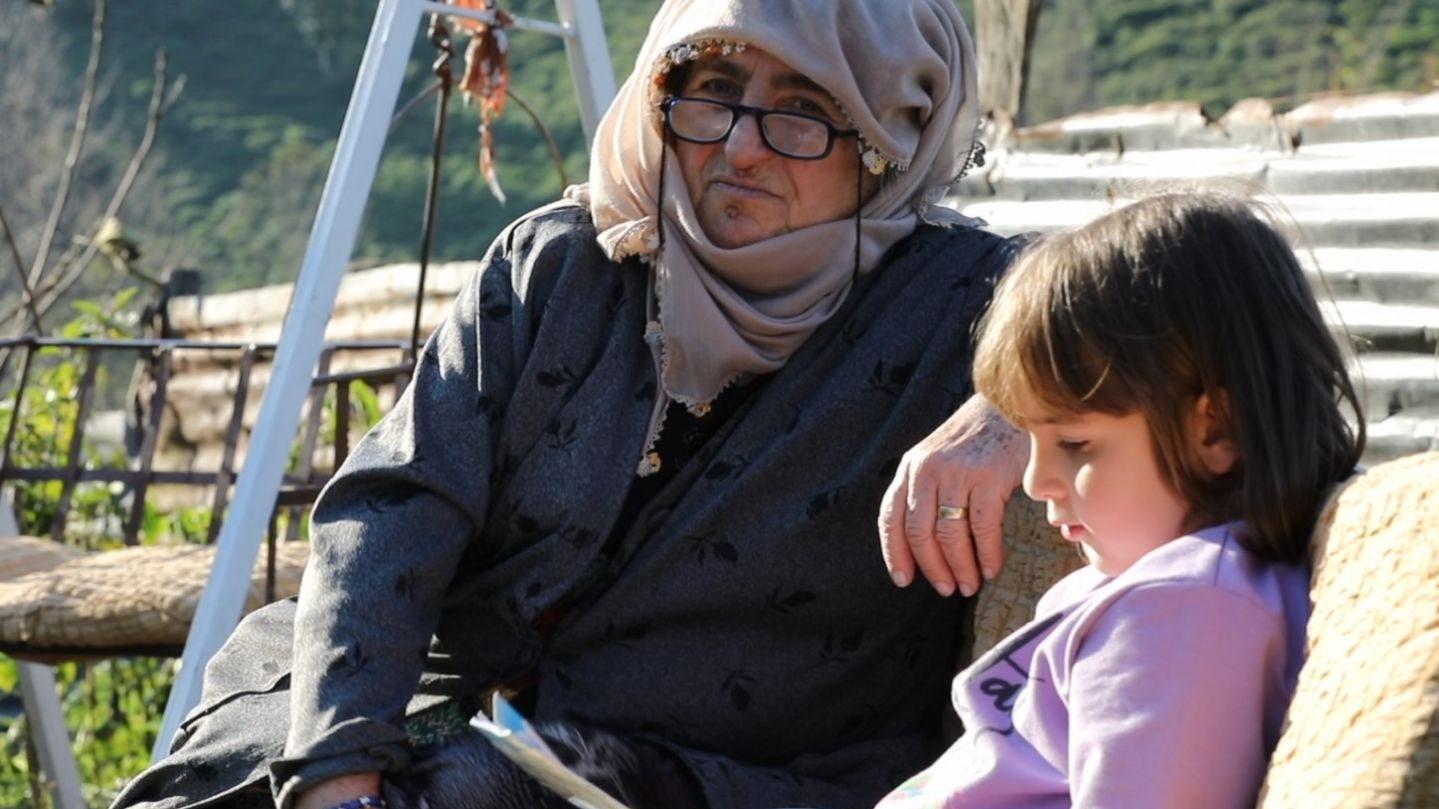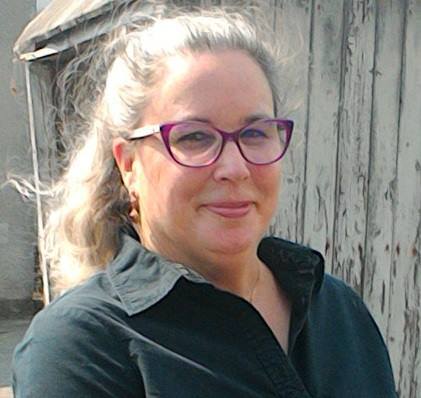Roma in Türkiye have suffered a long history of exclusion, discrimination and negative stereotypes, frequently reinforced by media, public officials and politicians. Roma have also suffered frequent displacement and homelessness as a result of forced eviction and expropriation of property by the state.
Community members have repeatedly faced outbreaks of violence in recent years. In 2006 in the city of Afyon, it was alleged that two young Roma men had harassed some female students, whereupon a group of hundreds of non-Roma attacked a Roma family, and the attackers also set fire to a number of houses belonging to Roma. NGOs also reported attacks on Roma in the district of Selendi in Manisa, as well as in the cities of Bursa and İznik, particularly between 2010 and 2013. As a result of the incidents in Selendi, instead of being protected, Roma were sent first to the district of Gördes and then to the district of Salihli. Some were later relocated to a housing complex in the neighbourhood of Selimşahlar in the centre of the Manisa province. In another incident, five families in Bursa were forced to move into tents after their houses were demolished by the municipality following attacks against the community. The children of families who are forcibly relocated as the result of racist violence experience problems in accessing the right to education, and this increases the number of students dropping out of school.
At times, acts of violence have been carried out by security forces, and it is a common belief among Roma that the police are prejudiced against them. In 2015, in the district of Keşan in Edirne, 700 policemen took part in an operation targeting neighbourhoods populated primarily by Roma, as a result of which 44 people were taken into custody, including the president of the Federation of Trakya Roma Associations, on the grounds of ‘disturbing the peace, extortion, issuing threats and resisting the police.’ The raids were criticized by Özcan Purçu, an MP of Roma origin, who accused police of using Roma neighbourhoods as ‘training sites’ and fuelling ethnic discrimination. After the operation, around 200 riot police and Special Forces walked through the streets chanting, ‘The police bring peace and security’, as well as the slogan ‘Happy is the one who says I am a Turk’.
In March 2010 Türkiye’s Prime Minister, Recep Tayyip Erdoğan, initiated an historic meeting with Roma community groups in Istanbul in an attempt to address some of the huge problems facing the minority. 12,000 Roma were bused in from across the country to hear the Prime Minister’s address which included plans for improved Roma housing in 40 provinces. Community leaders praised the event as the first time a leader had ever spoken directly to the Roma community, and the Council of Europe expressed its support for the Turkish government’s stated commitment to Roma people.
The Turkish authorities have made some efforts to support greater integration and better access to services for the Roma population, including a US$12 million fund to invest in relevant projects in Roma communities between 2014 and 2016. In February 2015, the governor of the province of Edirne announced the establishment of an Ottoman army band, or mehter, made up of Roma musicians and the training of Roma children as hafiz, reciters of the Qur’an – an announcement welcomed by Roma representatives as an important source of recognition for the community.



 Video on demand
Video on demand